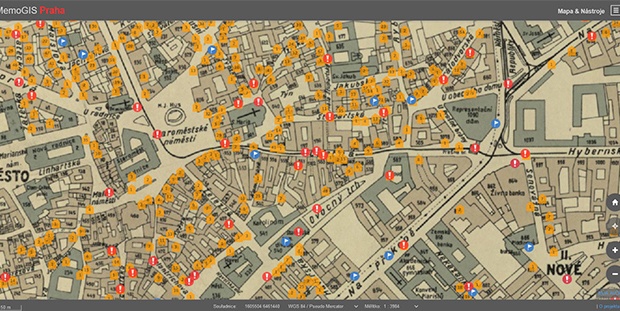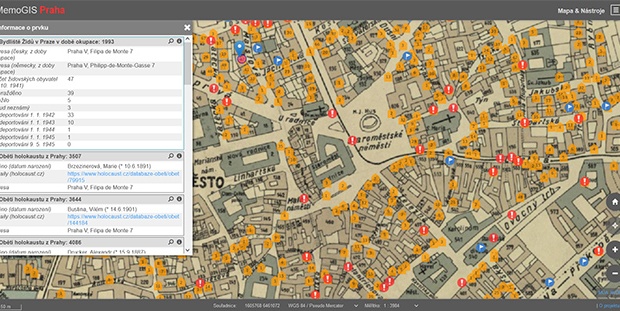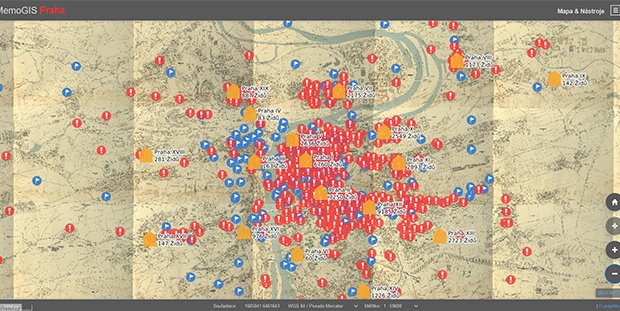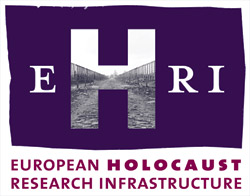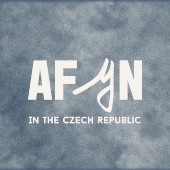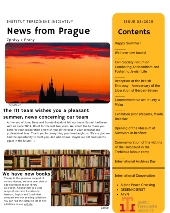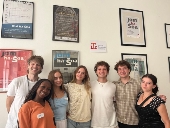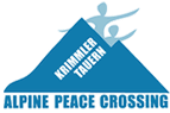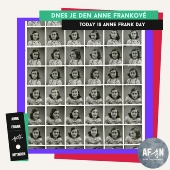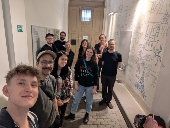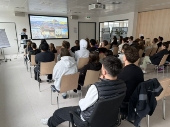Ongoing Survey on Anti-Semitism in Schools
Dear teachers,
The Terezin Initiative Institute is conducting a survey to chart changes in prejudice, attitudes and behavior among students during the school year. We are looking at a larger range of issues, but we are focusing in particular on anti-Semitism, and on attitudes that have taken shape in the aftermath of 7 October 2023 and the subsequent Israeli-Palestinian conflict. At the same time, we ask about your experiences, how you react to these views and activities of your students, or if you consider any activities risky.
The research is also being conducted in Germany, Poland, Slovakia and Hungary.
It will take you less than 10 minutes to complete the tick-box section; if you are willing to share your experiences with us, please allow more time to complete the questionnaire.
Please complete the Research on Anti-Semitism in Schools questionnaire as soon as possible, while the school year is still fresh in your mind, but no later than the beginning of the next school year.
We would be delighted if you would involve your colleagues and students in the survey and share the questionnaire with them.
Project funded by the European Practitioners Network Against Antisemitism (EPNA).
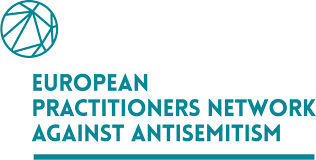
___
MemoGIS Praha: webová aplikace přibližuje, jak byli za války židé omezováni
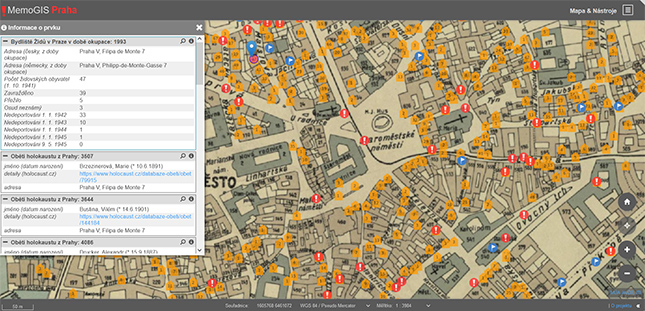
Pokud si přejete dostávat novinky e-mailem, přihlaste se k jejich odběru na této adrese: institute@terezinstudies.cz (do předmětu uveďte "Chci dostávat novinky").
Doufáme, že se s Vámi budeme moci již brzy setkat osobně.
Knihovna i kancelář jsou pro zatím pro veřejnost uzavřeny. Pokud potřebujete vrátit knihy do knihovny, domluvte si prosím termín na: library@terezinstudies.cz.
Pokud máte dotazy, otázky, nebo byste si rádi zakoupili knihy z naší produkce, kontaktujte nás prosím prostřednictvím našeho e-mailu: institute@terezinstudies.cz.
Naši činnost můžete též podpořit pomocí portálu Darujme.cz nebo služby Givt.cz.
Three weeks have already passed since the International Youth Forum started in South Carolina, hosted by the Anne Frank Center at the University of South Carolina (USC). Our very own Ani from Afyn.cz was one of the delegates. She has shared her reflections on the experience, what she learnt, and what she will take away from it. Read her report to get a glimpse of the IYF 2025!
It's the middle of summer, and we're bringing you the latest issue of our newsletter, News from Prague. We wish you a wonderful rest of your vacation and enjoyable reading.
This week, a group of students from the US (some with Czech family ties) has visited us as part of their summer school in the Czech Republic organised by the Mestenhauser Institute for International Collaboration (MIIC).
Our GEDENKDIENST-Volunteer Laurenz joined the Alpine Peace Crossing (APC) in Krimml to cross the Austrian Alps in remembrance of the thousands of Jews who fled the antisemitism that was still rampant in Europe after 1945. Laurenz welcomed the team to Jachymka a few weeks ago.
Yesterday we celebrated Anne Frank's legacy in a creative way by showcasing the artworks submitted by talented contributors at Žižcafé Therapy.
On Saturday our GEDENKDIENST volunteer Laurenz welcomed the team of the Alpine Peace Crossing to Jachymka to show them our work.
Alpine Peace Crossing (APC) is an Austrian organization based in Krimml (Salzburg province).
Our Volunteer Laurenz was in Austria last week to promote the GEDENKDIENST program at his former school, the HAK 1 in Salzburg. Speaking to about 60 people from the 4th grade he talked about his experiences and encouraged the students to also use the opportunity to do a Gap-Year with a positive impact. Besides the remembrance work and the work and history of our institute, Laurenz told the students about the challenges and the many wonderful things that come with moving abroad and starting a new job fresh out of school.
We want to thank the HAK 1 business school in Salzburg for giving Laurenz the opportunity to promote the program and the students for their keen interest.

